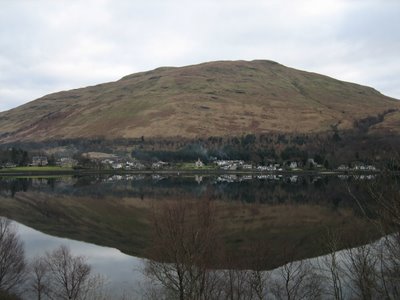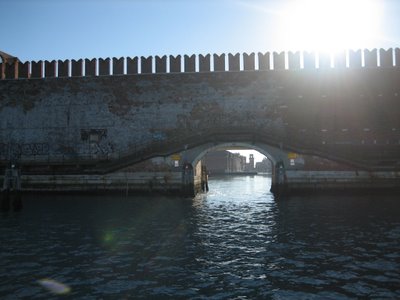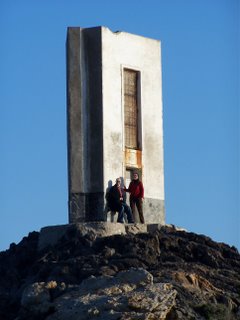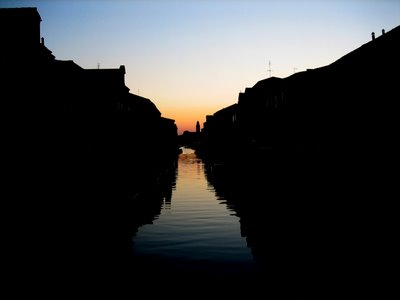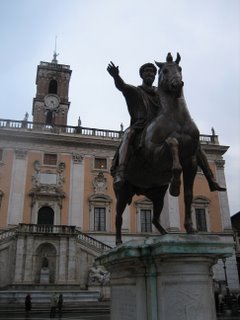Barth on the unknowable God
Jesus: the ultimate iconoclast
“It is in full unity with Himself that He is also – and especially and above all – in Christ, that he becomes a creature, man, flesh, that He enters into our being in contradiction, that He takes upon Himself its consequences. If we think that this is impossible it is because our concept of God is too narrow, too arbitrary, too human – far too human. Who God is and what it is to be divine is something we have to learn where God has revealed Himself and His nature, the essence of the divine.And if He has revealed Himself in Jesus Christ as the God who does this, it is not for us to be wiser than He and to say that it is in contradiction with the divine essence. We have to be ready to be taught by Him that we have been too small and peverted in our thinking about Him within the framework of a false idea about God. It is not for us to speak of a contradiction and rift in the being of God, but to learn to correct our notions of the being of God, to constitute them in the light of the fact that He does this. We may believe that God can and must only be absolute in contrast to all that is relative, exalted in contrast to all that is lowly, active in contrast to all suffering, inviolable in contrast to all temptation, transcendent in contrast to all immanence, and therefore divine in contrast to everything human, in short that He can and must be the “Wholly Other.” But such beliefs are shown to be quite untenable, and corrupt and pagan, by the fact that God does in fact be and do this in Jesus Christ. We cannot make them the standard by which to measure what God can or cannot do, or the basis of the judgement that in doing this He brings Himself into self-contradiction. By doing this God proves to us that He can do it, that to do it is within His nature. And He Himself to be more great and rich and sovereign than we had ever imagined. And our ideas of His nature must be guided by this, and not vice versa.”
- Karl Barth, Church Dogmatics IV/1, 186.
I have often come across the idea that God must be (by definition) absolute, or beyond our knowledge, or utterly different. We have a rich tradition of philosophical reflection upon the idea of God. However, many of these ideas are human projections of our wishes and fears, negations of what we are: finite, visible, mortal. While a theist may be happy with calling God infinite, invisible and immortal, a Christian should feel uncomfortable. Barth goes further: a Christian should consider such ideas pagan because they have not taken what God has actually revealed of himself in Christ seriously and centrally. We don't bring our preconceived notions of divinity to Jesus to see if they fit. It is from Jesus that we get our 'image' of God. Jesus is the great iconoclast.Of course, there is a corresponding error in the opposite direction: that knowledge of God in Christ is simple, obvious, straightforward and exhaustive. This second arrogance, the presumption that we know everything of God, that God is not a problem interrupting and overturning our knowledge, is the ugly twin of the arrogance of projecting an a priori Christ-less image onto God and assuming that he is therefore safely defined as unknowable. Either way, God becomes innocuously contained, either inside or outside the sphere of our language and knowledge.
"Is he - quite safe? I shall feel rather nervous about meeting a lion."
"That you will, dearie, and no mistake," said Mrs Beaver; "if there's anyone who can appear before Aslan without their knees knocking, they're either braver than most or else just silly."
"Then he isn't safe?" said Lucy.
"Safe?" said Mr Beaver; "don't you hear what Mrs Beaver tells you? Who said anything about safe? 'Course he isn't safe. But he's good. He's the King, I tell you."
- C. S. Lewis, The Lion, the Witch and the Wardrobe, 75.


